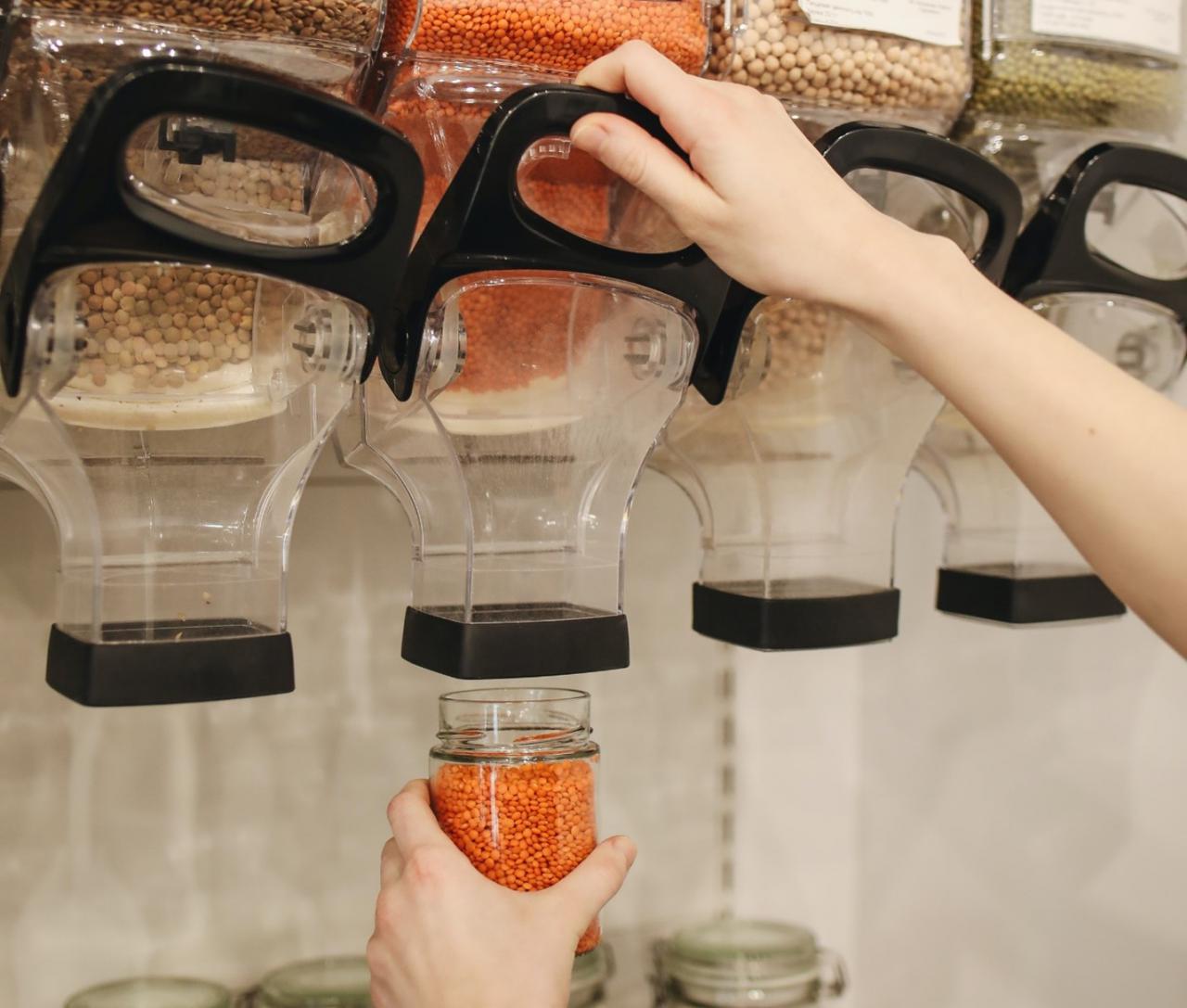Taking personal action against climate change can start with a couple of simple steps towards a low-waste lifestyle that you can gradually work towards zero-waste.
Supporting the environment starts with change from government, organizations, and individuals worldwide. Globally there are billions of metric tons of waste worldwide and preventing this from continuing in the future can start with some simple lifestyle changes to reduce your carbon footprint. You can start with changes to life a low-waste lifestyle and work your way towards living a zero-waste lifestyle one step at a time.
The first step is doing some research to see what you can do to live a low- or zero-waste lifestyle and what options are available to you.Try finding the website for the city or town you live in, there is usually a category for residents that will give you more information on your local recycling program, what goes in the garbage, and see if they have a composting program. This will help you take advantage of how to properly sort your waste to recycle or compost as much as you can.
Another resource is following zero-waste lifestyle bloggers and Instagram accounts to see how easy some of these lifestyle changes can be incorporated into your day-to-day life. One of the most important tenants of a zero-waste lifestyle is eliminating as much plastic as possible that can be substituted for eco-friendly alternatives.
Plastic bags are one of the most common single-use plastic waste items that aren’t recycled properly and end up in landfills. One option is reusing plastic bags by taking your old ones to the store with you and use until they are worn out.
Plastic bags are included in most residential recycling programs, but you can take your plastic shopping bags to be properly recycled at most of your local grocery stores. Instead of using plastic bags, you can switch to cloth bags that will last longer and can be used longer than a plastic bag.
Another common plastic bag issue is produce bags with the option to reuse for the next shopping trip after a quick rinse then recycles at the grocery store when done using. You can also give up plastic with some affordable and reusable produce bags.
Another massive waste issue is plastic bottles that are harmful to the environment and people as toxins from the plastic can be infused into the water. You can invest in a stainless-steel water bottle that is easy to clean, durable for reuse, and keeps your drinks cold longer.
Another option is using glass bottles that can be used for along time and is easy to recycle. You can also replace bottled water by using a water filter that is less wasteful than getting bottles or a jug of filtered water.
Plastic snack or sandwich bags are another wasteful product that can be replaced by using reusable beeswax paper and stainless steel or glass containers. You can also reuse empty product packaging as containers for food storage and most are recyclable.
When you have an empty glass container this can be repurposed for food storage starting with removing the label. Simply soak the jar in water, peel the paper label off, use olive oil with baking soda on the glue residue, let it sit for a few minutes, and scrub the glue residue off easily.
One of the biggest steps towards a zero-waste lifestyle is buying in bulk where you can reuse your own containers without the need for excess packaging. Buying in bulk is also more affordable in some cases as you can buy how much you want to prevent excess waste and wasting money buying more than you need.
Your local grocery store might have everything you need but often comes in excess packaging. Shopping zero-waste in a regular grocery store can be done by picking up produce and items with reusable or recyclable materials like paper or glass. To keep the deli items fresh, you can store them in reusable beeswax wraps.
You can also prevent waste by buying bread from the deli that doesn’t have packaging in a cloth or paper bag. The deli section provides an array of unpack aged items that you can get using paper or cloth bags that
You can look for alternatives such as a bulk store or farmer’s market. If you don’t find too many resources, you can look into finding a bulk food buying group when you purchase the food you want online and you pick up your products bringing your own packaging.
One of the biggest single waste items is disposable cutlery and food takeaway storage containers. You can reduce waste by carrying your own storage container and reusable cutlery that can be stashed in your purse or backpack.

